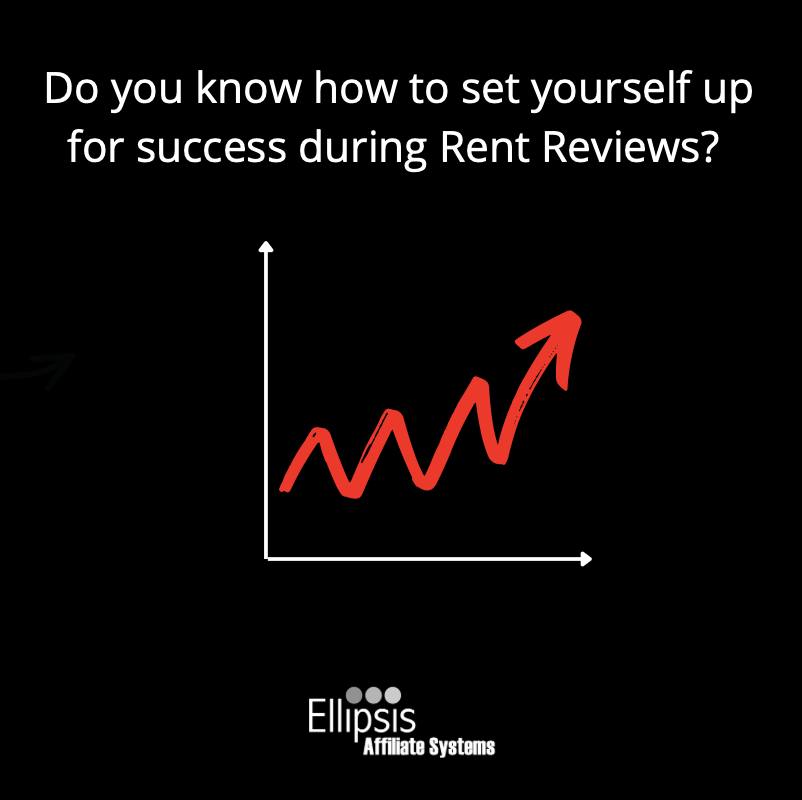Leases…….

We have become aware of many landlords increasing rent, some by 50% or more, causing gyms financial concerns.
Rent reviews are written into commercial leases, usually every 3-5 years with typically 3 months’ written notice. We strongly advise making a note of when these reviews are due and doing a little homework in advance of these to give you the best chance of a positive outcome. Monitor the local market 12-18 months ahead of review. Knowing the local market is key.
We also recommend obtaining legal advice when negotiating, and monitoring both the local commercial rental market and sites such as CBRE for trends:
https://news.cbre.co.uk/prime-uk-commercial-property-rents-increase-22-in-q1-2022/
Terms for rent review negotiations will be outlined in the lease. Sometimes a time window is specified with consequences for missing deadlines. If a landlord misses deadlines they may not be able to impose a rent increase. Be proactive – address issues head-on for the best chance and a favourable outcome. Or wait it out and hope the landlord misses their opportunity (this is unlikely)!
(Unfortunately, reviews that were delayed due to COVID may not follow the process in the lease, and this may have caused gyms to miss their deadline. If this is the case, you may want to try an arbitration service or even contact your MP).
Rent reviews are normally based on the condition of building and usually favours the landlord so that rent can only increase (called an ‘upwards only clause’). Landlords also try to change more when works have been done, but cannot factor this in when the works were done by the tenant – be able to prove this was you not them, they shouldn’t charge more for your added value! It may also be prudent to negotiate a lease clause to say the landlord cannot increase the rent after undertaking improvements themselves.
This is one of the reasons it’s so important to do a Schedule of Condition when moving in and get it agreed with the landlord.
The lease should also detail the basis on how the review is determined. This is usually the ‘open market rental value’, or the likely rent landlord could achieve if renting to a third party, and level of rent for similar units in area. Do your homework here or get a specialist surveyor to do this for you.
You also don’t have to accept your landlord’s proposed rise without debate. But it is important that you understand how to properly contest an impending rent rise, and how to negotiate effectively for a fairer rent.
You should also always have opportunity to object if you feel the review is unreasonable by informing the landlord in writing immediately. Where there is a dispute, usually the lease has an arrangement for allowance of an independent review or arbitration service. Consider employing a specialist surveyor- the expense is likely to be offset by amounts saved in rent, especially at the moment when we are seeing such substantial rent increases.
If you have been granted planning change of use, also be aware this may have an impact on rent. Usually it is the most valuable property use that is used to determine rent, which may not be the current use of the building!
You are more likely to get a favourable outcome if:
- You are a good tenant that pays on time
- The landlord has failed in their contractual obligations
- The local property market is slow
If the rent can’t be agreed, your last resort is to contact an independent arbitration service (again check the lease for what is allowable). Your current rent can be paid throughout the length of the process. However, it is very important to be aware that back pay WILL be required should you as the tenant lose the appeal, possibly with interest.